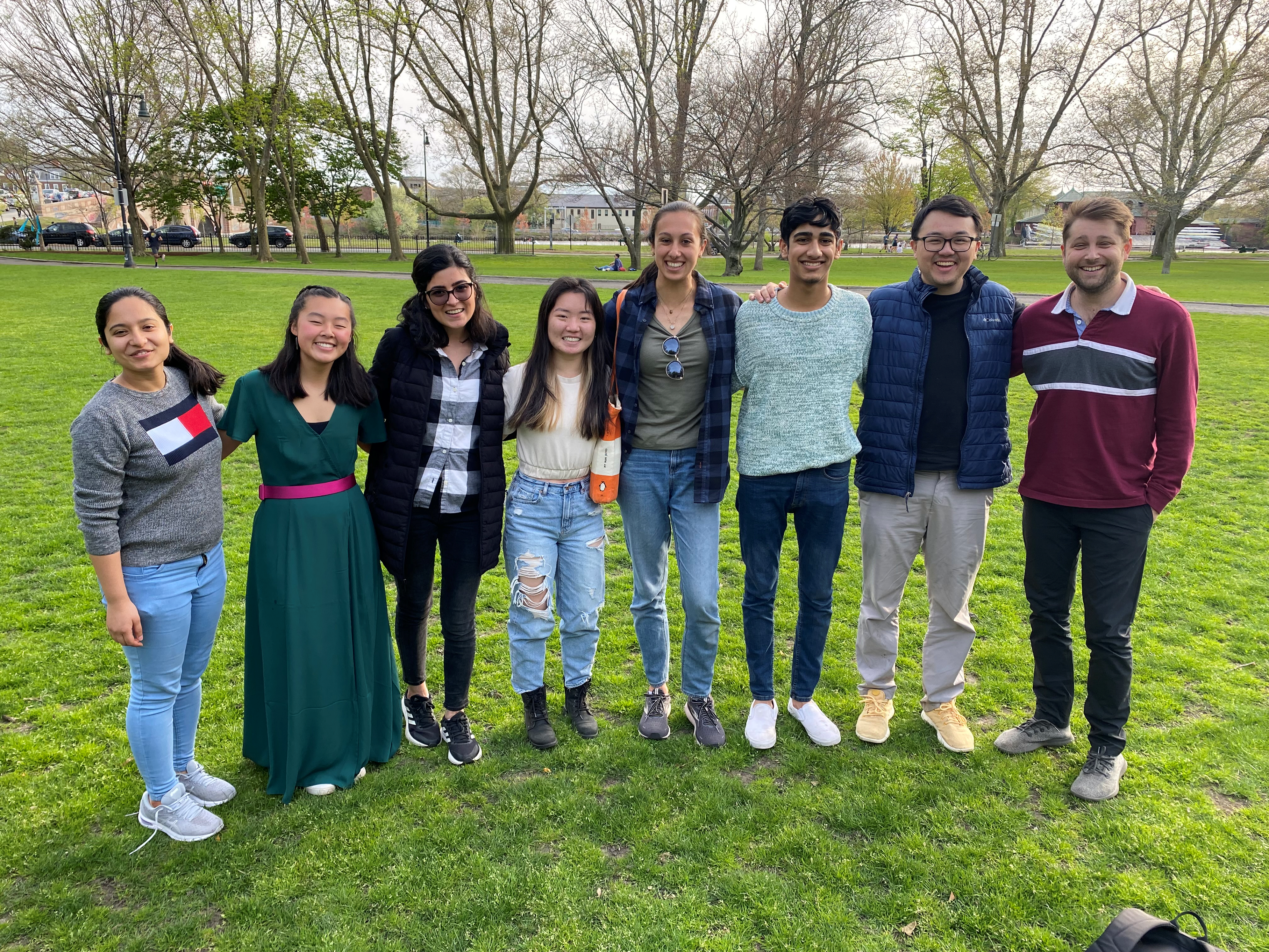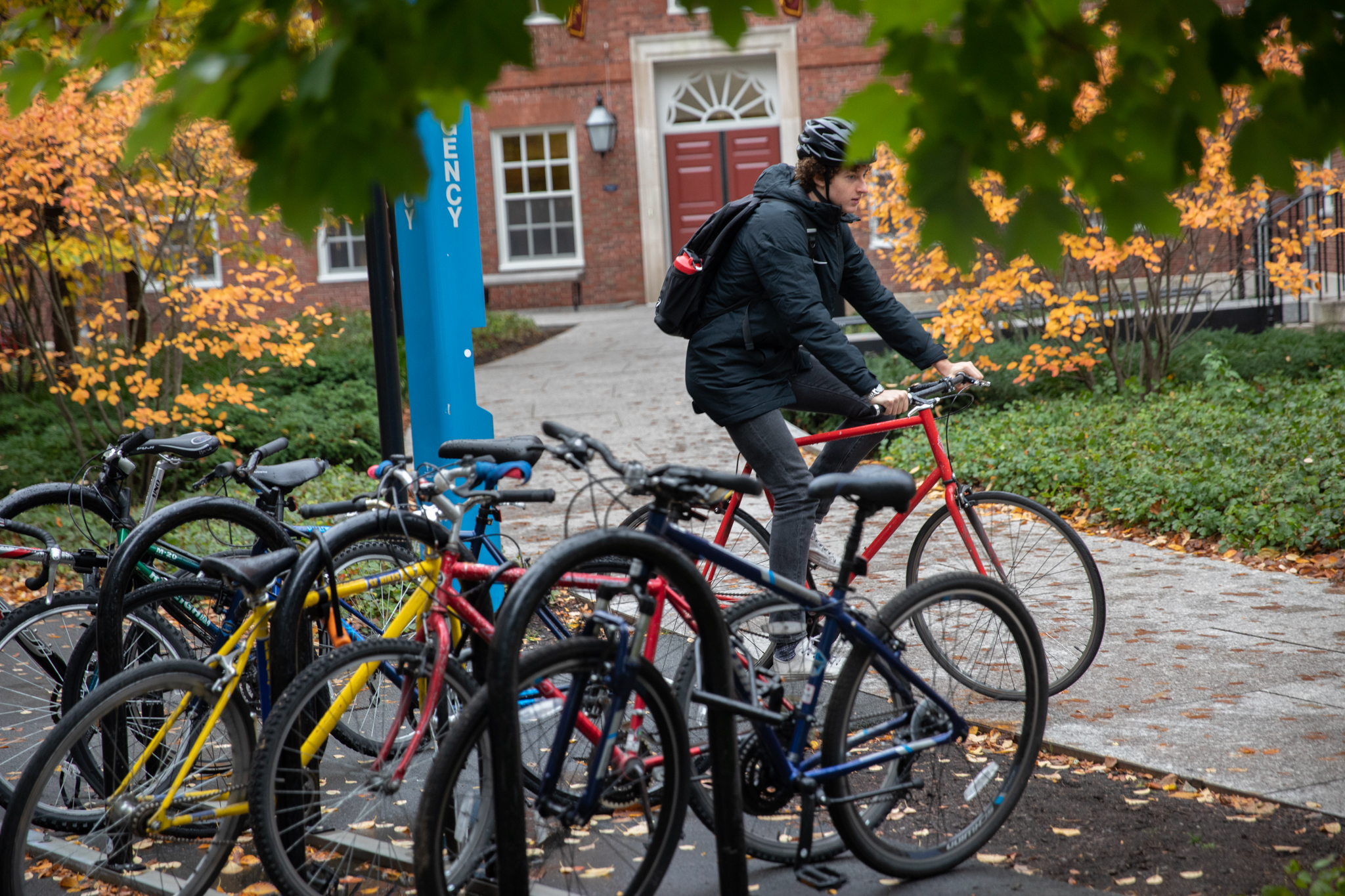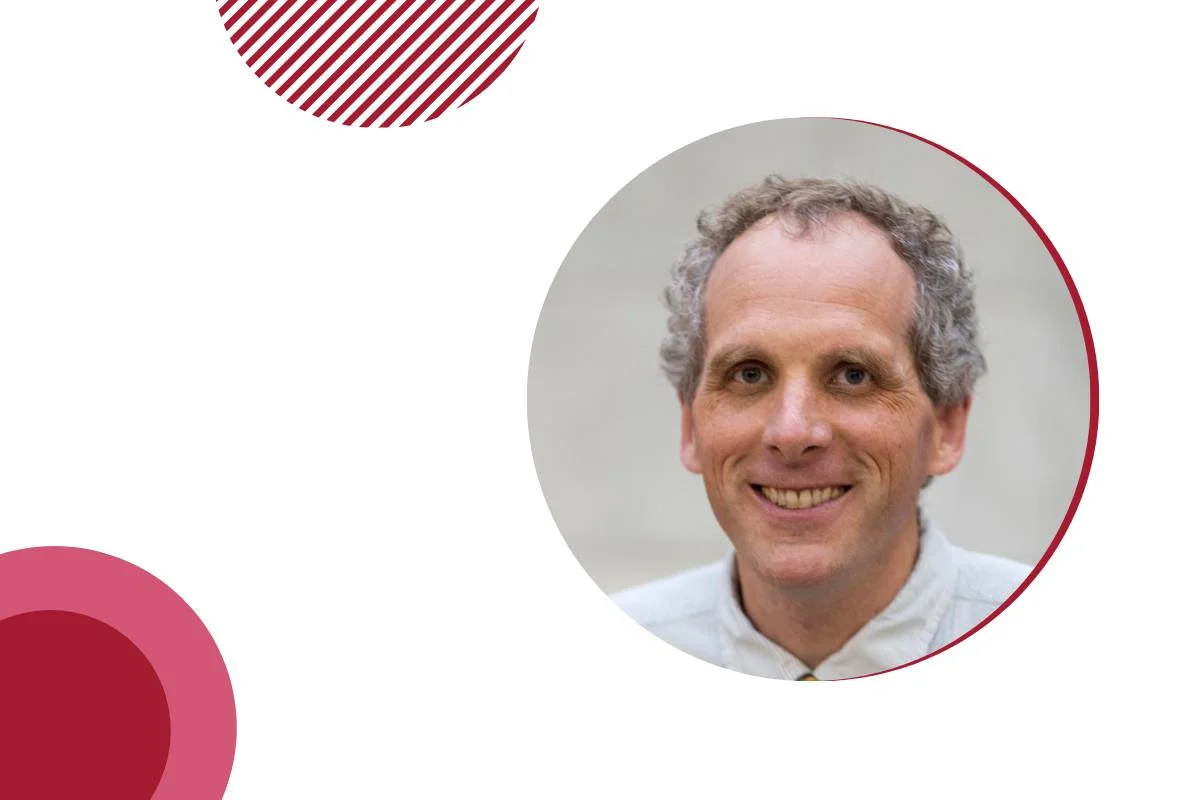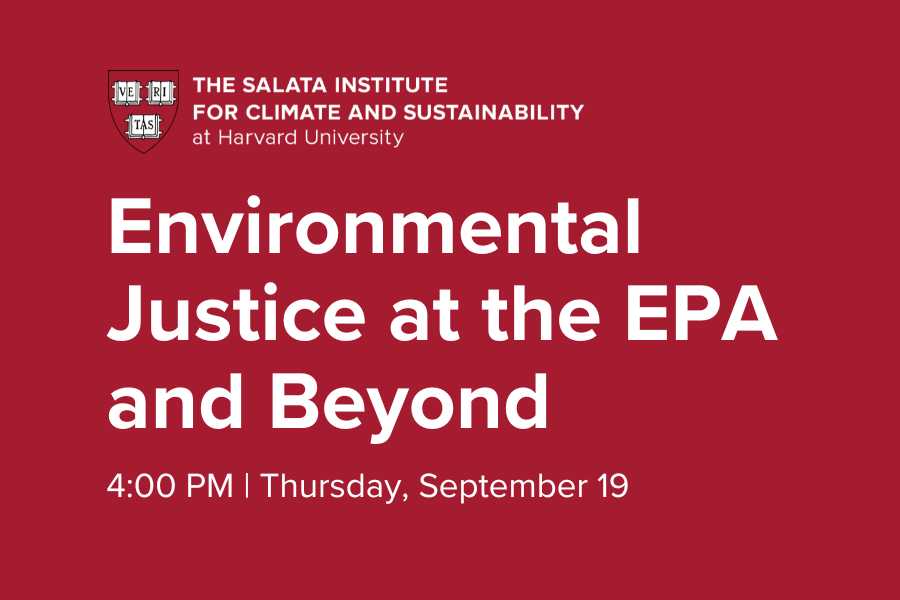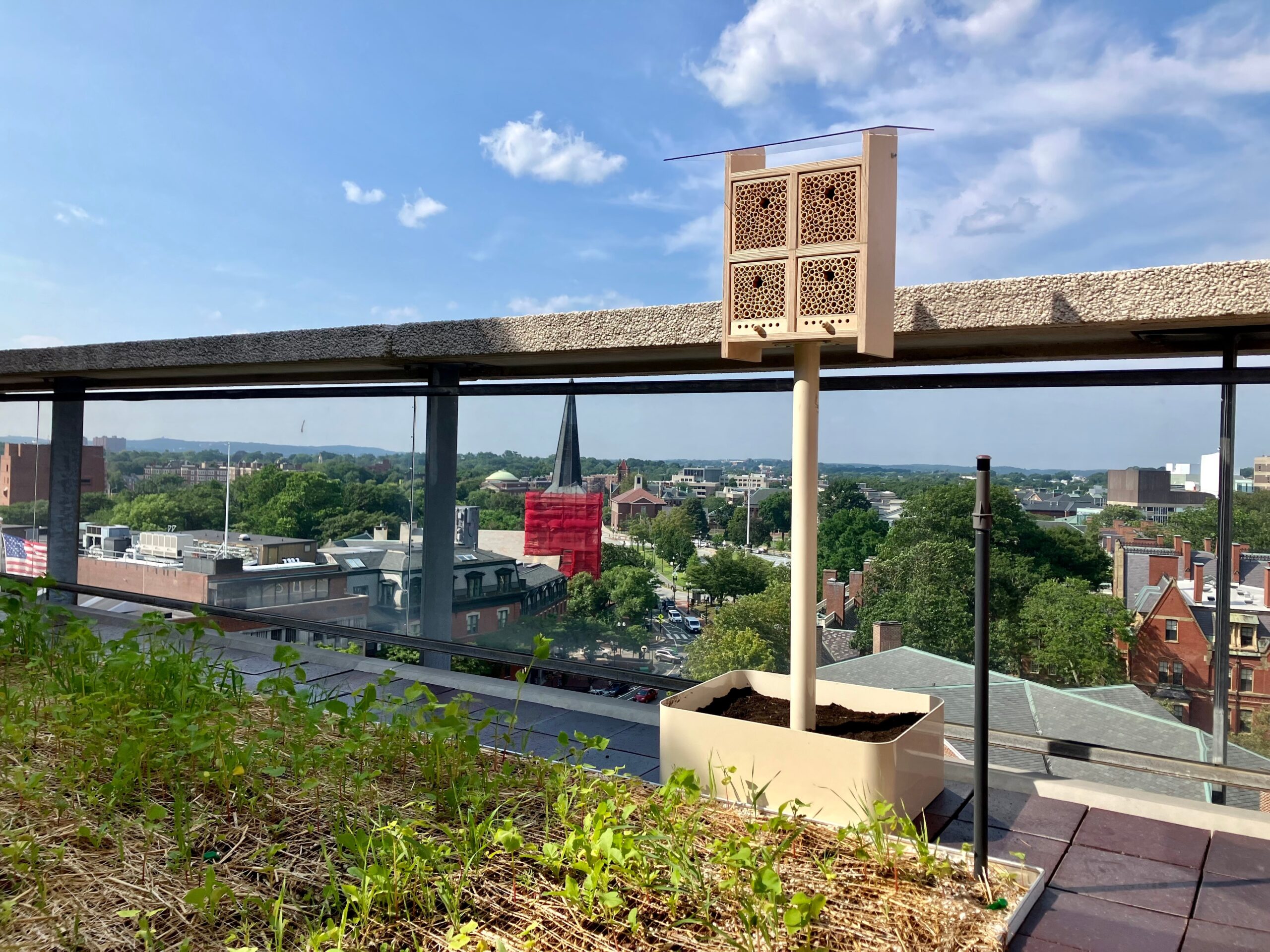Apply by Sept. 4: Harvard Business School Student Sustainability Associates (SSAs)
The Harvard Business School (HBS) Student Sustainability Associate Program, founded in 2006, is the school’s peer-to-peer education program that promotes sustainable behavior on and off campus. An SSA is hired from each RC section to connect with their classmates on how key sustainability topics impact business. These topics have included climate change, social equity, environmental justice, transportation, energy, food, and water.
